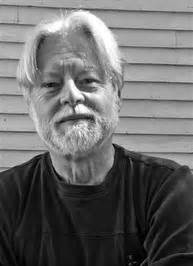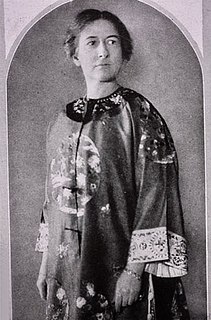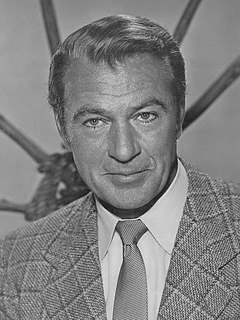Цитата Фрейи Старк
Турист путешествует в своей собственной атмосфере, как улитка в своей раковине, и стоит, так сказать, на своем собственном пороге, чтобы посмотреть на континенты мира. Но если вы отбросите все это и пойдете вперед с неторопливым и пустым умом, неизвестно, что может с вами случиться.
Связанные цитаты
Праздность часто прикрывается суетой и спешкой. Тот, кто пренебрегает своими известными обязанностями и реальными занятиями, естественно, старается заполнить свой разум чем-то, что может препятствовать воспоминанию о его собственной глупости, и делает что-либо, кроме того, что он должен делать, с ревностным усердием, чтобы сохранить свое собственное сознание. услуга.
В Своих речах, Своих чудесах, Своих притчах, Своих страданиях, Своем воскресении Он постепенно воздвигает пьедестал Своего человечества перед миром, но под покровом, до тех пор, пока стрела не достигнет из могилы до небес, когда Он приподнимет завесу, и отображает фигуру человека на троне для поклонения вселенной; и облекая Свою церковь Своей собственной силой, Он уполномочивает ее крестить и проповедовать отпущение грехов во имя Его.
Ясно, что труднее всего для работающего художника создать свою собственную концепцию и следовать ей, не боясь налагаемых ею ограничений, какими бы жесткими они ни были... Я вижу в этом самое яркое свидетельство гениальности, когда художник следует своей концепции, своему идея, его принцип настолько непоколебимо, что он постоянно держит эту свою истину в своем контроле, никогда не отпуская ее даже ради собственного удовольствия от своей работы.
Судья, который сидит над убийцей и смотрит ему в лицо, и в одно мгновение распознает в своей душе все эмоции, и потенции, и возможности убийцы и слышит голос убийцы как свой собственный, в следующее мгновение является единым и неделимым, как судья, и убегает обратно в скорлупу своего культивированного я, выполняет свой долг и приговаривает убийцу к смерти.
Там, где это в его собственных интересах, разумно ожидать, что каждый организм будет помогать своим собратьям. Там, где у него нет альтернативы, он подчиняется ярму коммунального рабства. Тем не менее, имея полную возможность действовать в своих собственных интересах, ничто, кроме целесообразности, не удержит его от жестокого обращения, от нанесения увечий, от убийства своего брата, своей супруги, своего родителя или своего ребенка. Поскребите «альтруиста» и посмотрите, как истекает кровью «лицемер».
Как редко вы встретите на свете человека больших способностей, приобретений, опыта, который обнажит свой ум, расстегнет мозг и изложит в небрежной и образной фразе все результаты своих исследований и наблюдений; его знание людей, книг и природы. Наоборот, если у человека случайно появляется оригинальная идея, он копит ее, как старое золото; и скорее избегает предмета, с которым он лучше всего знаком, из опасения, что вы можете усвоить его лучшие мысли.
Так представлял себе Птолемей расположение его воспоминаний, его мыслей: они все еще были его, все еще в пределах его мышления, но они были, многие и большинство из них, запертыми с другой стороны закрытой дверью, от которой он потерял ключ. . Так что его память стала подобна секретам, скрытым от его собственного разума. Но эти секреты были шумными вещами; они бормотали и бормотали за дверью, и поэтому, если бы он прислушался, он мог бы уловить обрывок чего-то, что он когда-то хорошо знал.





































